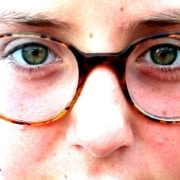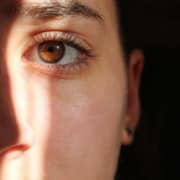Can Zika Affect Your Eyesight?

Red Eyes
One of the symptoms of Zika virus is that of red eyes, which can also be a bit swollen and itchy. Oftentimes mistaken for common seasonal allergies, however, red eyes are a symptom of Zika that can easily be overlooked. If you notice that your red eyes simply aren’t improving with sleep, over-the-counter eye drops, or an antihistamine, then visit your primary care physician right away or contact Dr. Jeffrey Maehara to have any other eye conditions ruled out.
Uveitis
There are some studies and articles that are calming that Zika can also cause an eye disease called Uveitis. As a disease that causes your eyes to become inflamed, uveitis can affect one or both eyes at once. Symptoms of uveitis include redness, blurred vision, and even eye pain that can occur from simply blinking. If left untreated, uveitis can result in blindness. However, if caught early on, there are several treatment options to treat uveitis, so if you exhibit any of the above symptoms, schedule an appointment with Dr. Jeffrey Maehara right away.
Much like with anything that is still being studied, it can be hard to know just how detrimental the impacts of Zika virus truly are. One things we do know for certain is that if you are pregnant or trying to become pregnant, it’s important that you avoid regions of the country and the globe that are experiencing outbreaks. Additionally, if you do happen to be travelling out of the country to areas that have been infected, make sure to wear a bug spray that contains DEET.
To learn more about eye conditions that may be influenced by Zika virus, contact Dr. Jeffrey Maehara today!



